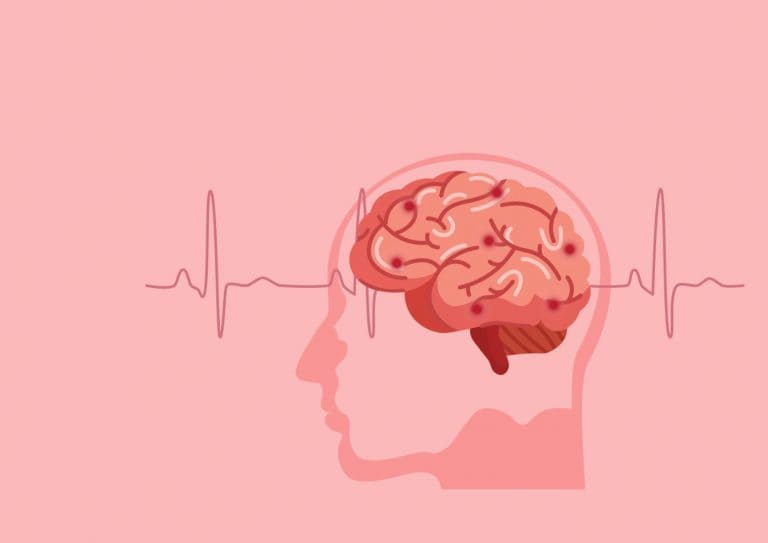The importance of eating healthily to enhance rehabilitation
Most people see food as a source of energy and an important way to becoming physically stronger by building muscle, but there are other less obvious benefits for the brain. Food can do so much good for both the body and brain and being aware of the power of food can transform your life. Following a brain injury, what you eat is even more important than normal and tailoring your diet to provide the body and brain what it needs will be a massive benefit in aiding recovery.
The power of different foods
Fighting fatigue
The power of food is in the energy it provides, particularly after a serious head injury. People often experience fatigue when recovering from a brain injury and as time goes by it’s easy to put any lack of energy down to the injury. However it’s actually worth looking at the foods you are eating and really considering whether they are the best foods to fight fatigue. If you want to feel the benefit of consuming energy rich foods, look out for carbohydrates such as oatmeal, pastas and sweet potatoes; fresh vegetables and fruits that contain natural sugars which are quick to be absorbed by the bloodstream; and vitamin-rich eggs, nuts and fish which provide an instant energy boost.
Improving cognitive function
It is common for someone who has suffered a brain injury to find cognitive functions such as paying attention and remembering new information challenging during recovery. Therefore, certain “brain foods” will be especially useful to get yourself back to doing what previously came easily. Look out for fatty fishes such as trout, salmon and sardines to boost your omega-3 intake; fruits and vegetables like oranges, blueberries and broccoli which contain antioxidants that help relieve cognitive inflammation and stress; and finally snacks like dark chocolate, nuts and pumpkin seeds that have been linked to having a healthy heart and brain.
Healing the body
Where a serious wound has been sustained as a result of an injury, it is important to consume foods that will help with the physical healing of the wound. Protein-rich foods such as meat, poultry and fish are important in this process; as are eggs, nuts, tofu, and dairy. Other foods to consider are those which are high in vitamin A and C, such as strawberries, citrus fruits, broccoli, cauliflower, and tomatoes.
Where the injury results in the person being bed ridden for a long period of time or left using a wheelchair, muscle strength will be inevitably be lost. To aid the physical therapy needed to rebuild muscle, try to include more foods that will aid this process. Foods to focus on here would again be proteins such as meat, fish, eggs, dairy, as well as wholegrains, fruits and vegetables.
Gut health
During the rehabilitation process, some patients may find their gut is upset and this is a common side-effect from processing many new medications and experiencing an upheaval to your normal daily routine. Gut-related issues can include diarrhoea, constipation, abdominal pain, and vomiting. This may have serious negative effects beyond just feeling unwell, as it can make people feel uncomfortable and unable to attend rehabilitation appointments. To help take care of your gut, look for probiotic yoghurts that contain so-called “friendly bacteria” and fermented vegetable products like sauerkraut, kimchi, and miso. In addition, ginger, garlic, almonds, and olive oil are more common foods that are also great for the gut.
If your appetite has changed
In the aftermath of a serious injury, you may not be thinking about what you eat and so might not even realise your appetite has changed. If it has, this could be a result of a loss of taste or smell related to the injury and even a loss of sensation in the mouth. This can result in eating becoming boring and less enjoyable. Nutrition experts suggest that to ensure you are eating the variety of foods you need to aid your recovery, you should try to make eating interesting again. You can try eating very spicy foods, adding foods which have unique textures and incorporating hot and cold foods into every meal to create different sensations in your mouth.
Help and advice
If you feel like you need specialist advice to enhance your rehabilitation following a serious injury, the best person to see is a dietician. They are professionals that can assess, diagnose and treat dietary and nutritional problems using the most up-to-date health advice, and will work with you individually to provide you with appropriate lifestyle and nutritional guidance. They can help you put together a weekly food plan which will be tailored to your specific needs that will help recovery.
Changing what you eat is one of the easiest things you can do to take back control and improve your recovery. Headway, the brain injury charity dedicated to improving life after brain injury provide further information on their website which can be found here.
For additional advice on what you should eat and the best vitamins to take following a brain injury you can also read brainline and neurogrowth’s helpful articles.










